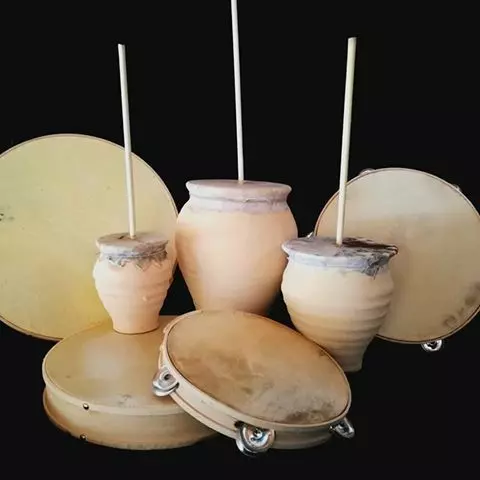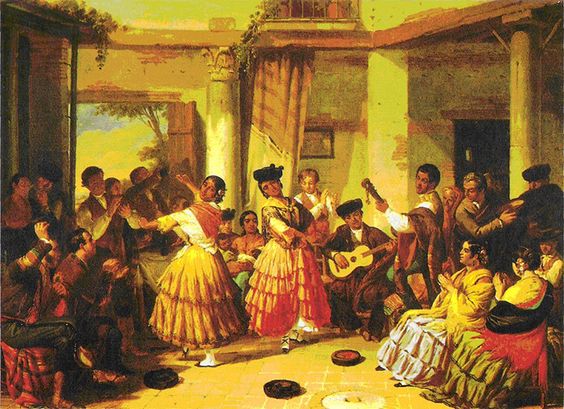In Andalusia the Christmas festival, and especially the most popular celebrations, have never been left out of the flamenco sphere. And the flamenco zambombás are synonymous with Christmas, and of course with flamenco.
Origin of the Zambombas
During these Christmas dates, flamenco zambombás are celebrated in all corners of Andalusia, but what is their origin, where do they come from?
Although its origin is not one hundred percent clear, it is believed that this tradition dates back to the 18th century, three centuries after the appearance of the zambomba as a musical instrument, when friends and neighbors gathered in the patios of Andalusian houses to make and prepare Christmas sweets and other typical foods of these dates. These meetings were held around a bonfire and were enlivened with singing, dancing and clapping.
With the passage of time, already in the 21st century, traditional Christmas carols were incorporated to the rhythm of bulerías, consolidating this festival in practically every corner of Andalusia, it being rare for the town where a flamenco zambombá is not organized to celebrate the beginning of Christmas.
The protagonists in this type of celebration are spontaneity and joy, accompanied by singing, dancing and instruments such as the guitar, the cajon, the tambourine, and of course the zambomba.

Popularity of the Zambombás
The popularization of this festival is due to the incorporation of the carol to the repertoire of flamenco artists. This tradition served as inspiration for the singers with whom the Andalusian Christmas carol achieved greater projection and dissemination.
Over time, zambombas have gone from being simple gatherings of neighbors and friends around a bonfire to becoming elaborate festivals, concerts and shows.
Nowadays, when the month of December arrives, the zambombas continue to brighten up corners of many towns and cities in Andalusia, and you can enjoy a large number of them planned and others that originate spontaneously in streets, bars, brotherhoods or clubs flamenco.
Zambombas have become a very important part of Christmas traditions, not only in Andalusia, but also in other parts of the world, which is why in 2015 this festival was declared a Site of Cultural Interest and its inclusion in the Dictionary was accepted. of the RAE as an accepted term in the Andalusian dialect.

